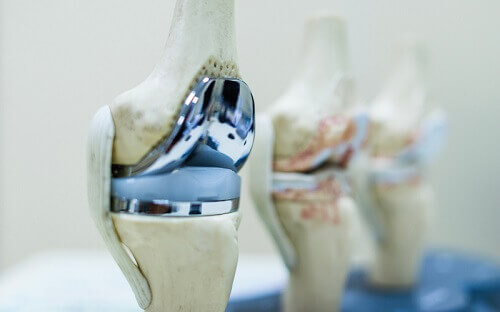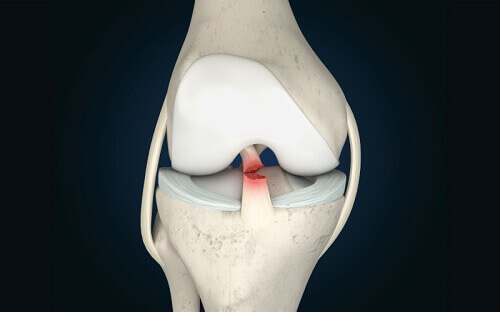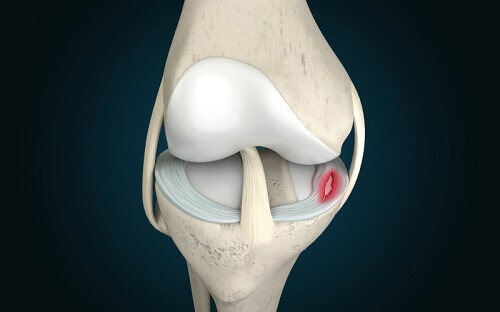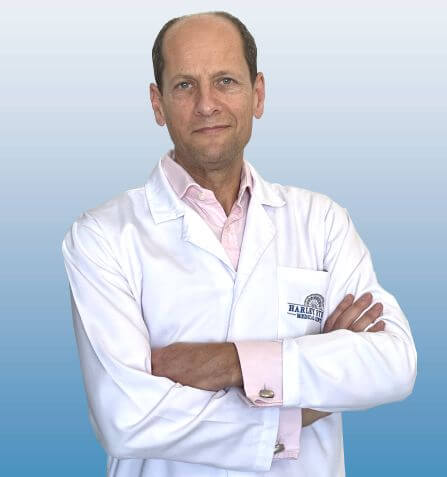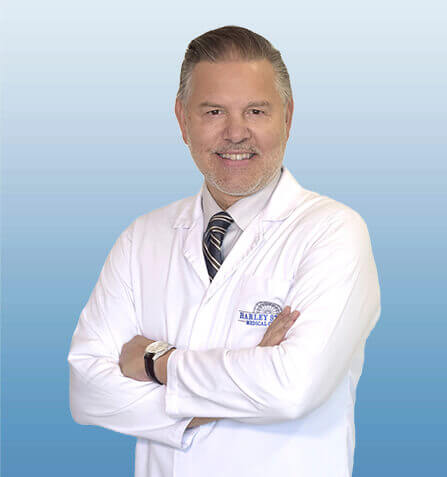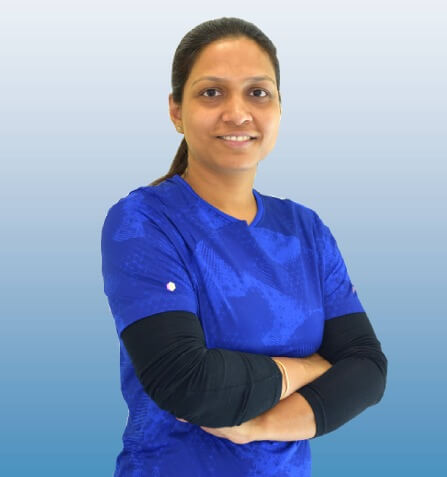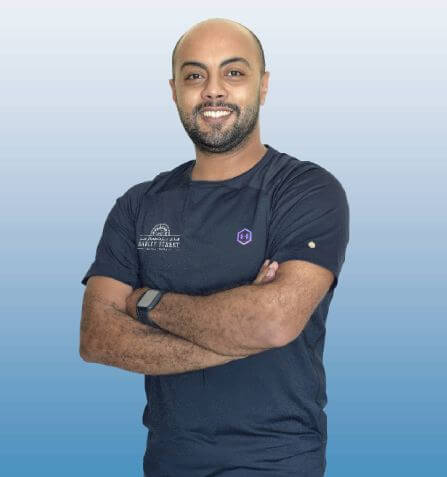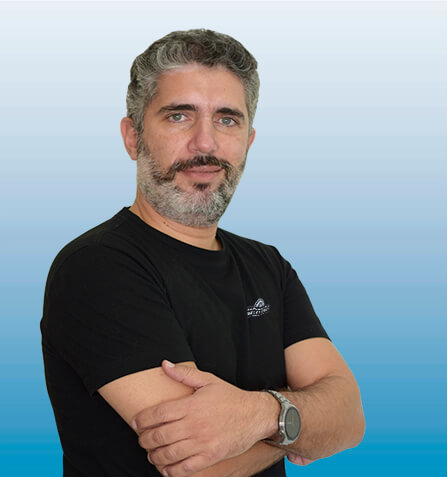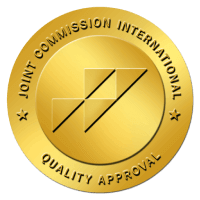ARTHROSCOPY OF THE KNEE JOINT
Knee Arthroscopy is a common surgical procedure performed using an arthroscope (a viewing instrument) to look into the knee joint to diagnose or treat a knee problem. It is a ‘minimally invasive’ treatment, and this makes it a relatively very safe procedure and allows the majority of the patients to be discharged from the hospital on the same day of surgery.
Knee Anatomy
The knee joint is one of the most complex joints of the body. The lower end of the thighbone (femur) meets the upper end of the shinbone (tibia) at the knee joint. A small bone called the patella (kneecap) rests on a groove on the front side of the femoral end. A bone of the lower leg (fibula) forms a joint with the shinbone.
To allow smooth and painless motion of the knee joint, articular surfaces of these bones are covered with a shiny white slippery articular cartilage. Two C-shaped cartilaginous menisci are present in between the femoral end and the tibial end.
Menisci act as shock absorbers providing cushion to the joints. Menisci also play an important role in providing stability and load bearing to the knee joint.
Bands of tissue, including the cruciate and collateral ligaments, keep the different bones of the knee joint together and provide stabilization to the joint. Surrounding muscles are connected to the knee bones by tendons. The bones work together with the muscles and tendons to provide mobility to the knee joint. The whole knee joint is covered by a ligamentous capsule, which further stabilizes the joint. This ligamentous capsule is also lined with a synovial membrane that secretes synovial fluid for lubrication.
Indications for Knee Arthroscopy
The knee joint is vulnerable to a variety of injuries and degenerative conditions. The most common knee problems where knee arthroscopy may be recommended for diagnosis and treatment are:
- Torn meniscus
- Torn or damaged cruciate ligament
- Damage articular cartilage
- Misalignment of patella
- Certain fractures of the knee bones
Procedure
Knee arthroscopy is performed under local, spinal, or general anesthesia. Your anesthesiologist will discuss with you the best method for you depending on your age and health condition.
- The surgeon makes, two or more small incisions around the knee.
- Next, a sterile saline solution is injected into the knee to push apart the various internal structures. This provides a clear view and more room for the surgeon to work.
- An arthroscope, a narrow tube with a tiny video camera on the end, is inserted through one of the incisions to view the knee joint. The structures inside the knee are visible to the surgeon on a video monitor in the operating room.
- The surgeon first examines the structures inside the knee joint to confirm the cause of the problem.
- Surgical instruments such as scissors, motorized shavers, or lasers are inserted through another small incision, and the repair is performed according to the diagnosis.
The repair procedure may include any of the following:
- Trimming or repair of a torn meniscus
- Reconstruction or repair of a torn cruciate ligament
- Removal or smoothing of irregular articular cartilage
- Making small holes (microfractures) near the damaged cartilage to stimulate cartilage growth, or transfer of cartilage from one location to another
- Removal of inflamed synovial tissue
- Realignment of the patella
- The saline is then drained from the knee joint.
- Finally, the incisions are closed with sutures or steri-strips, and the knee is covered with a sterile dressing.
After the Surgery
Most patients are discharged the same day after knee arthroscopy. Recovery after the surgery depends on the type of repair procedure performed. Recovery from knee arthroscopy is much easier than that from an open knee surgery. After simple procedures it is often very fast, facilitated by our expert physiotherapists. However, recovery from complicated procedures may take longer.
Pain medicines are prescribed to manage pain. Mobility is encouraged, but crutches or a knee brace may be recommended in selected cases. A rehabilitation program is usually instituted for a successful and more rapid recovery. Therapeutic exercises aim to restore motion and strengthen the muscles of the leg and knee.
Risks & Complications
Knee arthroscopy is a safe procedure and complications are very rare. Complications after any lower limb surgery include bleeding, infection, stiffness, blood clots or continuing knee problems, but the rates are very low with this minimally invasive procedure.

